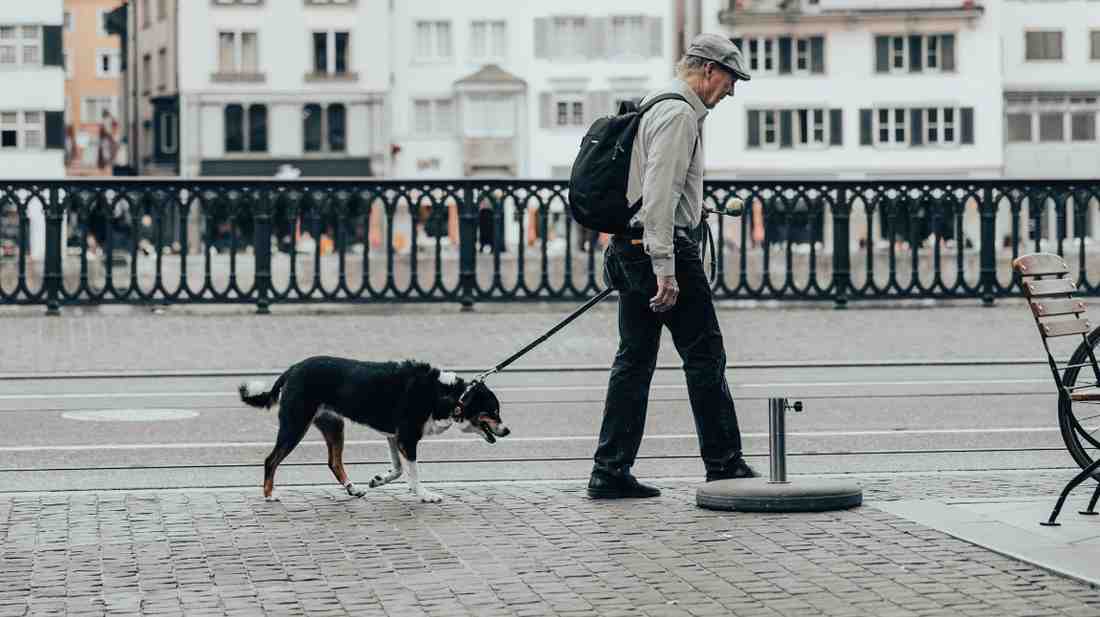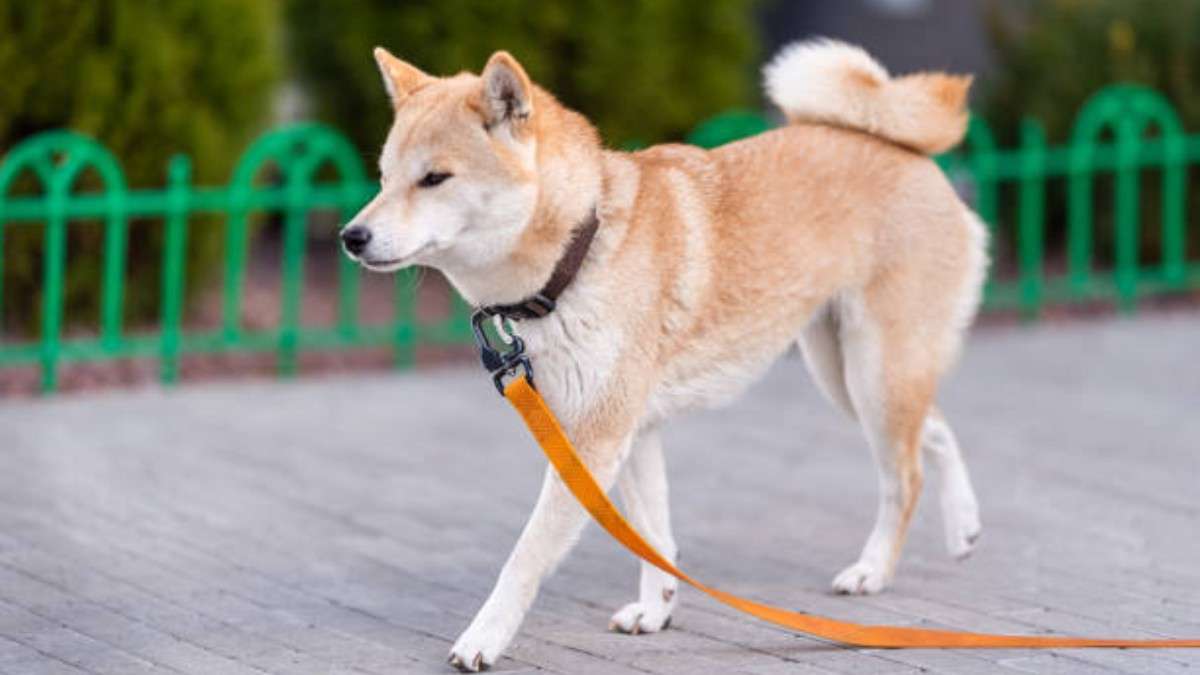Best Dog Breeds for Seniors: Gentle Companions for Life
Bringing a dog into your life during your senior years can be one of the most heartwarming and fulfilling decisions. A loyal canine companion offers far more than just cuddles and wagging tails they bring structure to your day, boost emotional well-being, and fill your home with vibrant energy. For seniors, the right dog can transform quiet moments into cherished memories, adding a sense of purpose and daily joy. Not every breed is suitable for every lifestyle, though, which makes choosing wisely essential. This guide dives into the most compatible and best dog breeds for seniors, taking into account energy levels, size, temperament, and ease of care to help find the perfect match for this rewarding stage of life.
Why Dogs Are Great Companions for Seniors?
Emotional Benefits
Loneliness can hit hard, especially in retirement or after children have flown the nest. Dogs help fill that emotional void. They don’t judge, they don’t complain, and they always seem to know when you need a cuddle.
Physical Health Perks
Owning a dog keeps you moving. Daily walks, playing fetch, or just walking to the food bowl adds more activity to your day. And let’s be honest your pup will keep you on your toes (in the best way possible).
Social and Mental Wellness
Dogs are amazing icebreakers. Whether it’s chatting with fellow dog owners at the park or showing off pictures of your pup, you’ll stay more socially engaged. Plus, the mental stimulation from caring for a pet can help keep the brain sharp.
Key Considerations When Choosing a Dog for Seniors
Size and Weight
Smaller dogs are often easier to handle, especially if mobility or strength is an issue. No one wants to be dragged down the street by a 90-pound husky!
Temperament and Behavior
You want a calm, gentle dog one that’s easygoing and affectionate. Avoid breeds with aggressive or overly energetic tendencies.
Exercise Needs
Low to moderate energy levels are ideal. Seniors benefit from regular movement, but you don’t want a dog that needs hours of intense exercise every day.
Grooming and Maintenance
Choose a breed with minimal grooming needs if you don’t want to fuss with regular brushing or trips to the groomer. Low-shedding dogs are also a bonus.
Lifespan and Health Issues
Pick breeds with fewer hereditary health problems. It’s heartbreaking to deal with constant vet visits or lose a pet too soon.
Best Small Dog Breeds for Seniors
Cavalier King Charles Spaniel
These little charmers are affectionate, quiet, and incredibly loyal. They’re great lap dogs and get along well with other pets and people.
Shih Tzu
Known as “little lions,” Shih Tzus are sweet-natured and easy to love. They’re not overly active but still enjoy short walks and playtime.
Pomeranian
Poms are fluffy, friendly, and full of personality. They make excellent watchdogs but require minimal exercise, making them perfect for apartment living.
Best Medium Dog Breeds for Seniors
Cocker Spaniel
Cocker Spaniels are gentle, affectionate, and have that soulful-eyed look that melts hearts. They need regular grooming but are otherwise manageable.
Beagle
Beagles are happy, friendly, and love company. They’re good for active seniors who enjoy walking and don’t mind a bit of beagle-style stubbornness.
French Bulldog
These chunky cuties are low-energy, love lounging around, and are incredibly affectionate. Their short coats mean easy grooming too.
Best Low-Maintenance Dog Breeds for Seniors
Chihuahua
Tiny but full of personality, Chihuahuas are easy to carry, require little grooming, and can be great lap dogs just keep an eye on their feisty side!
Boston Terrier
Nicknamed the “American Gentleman,” Boston Terriers are polite, charming, and easygoing. Their low-maintenance grooming makes life easier for seniors.
Bichon Frise
Bichons are hypoallergenic, cheerful, and small enough to manage easily. Just be sure to keep up with their grooming to prevent matting.
Dogs to Avoid for Seniors
High-Energy Working Breeds
Breeds like Border Collies, Australian Shepherds, or Belgian Malinois are incredibly smart but also incredibly demanding. These dogs need hours of exercise and mental stimulation.
Large Guard Dogs
While German Shepherds and Rottweilers are loyal, their size and strength can be challenging for older adults. Handling these breeds requires experience and physical strength.
Tips for Seniors to Care for Their Dogs
Setting a Routine
Dogs thrive on routine and so do people. Feed and walk your dog at the same time every day. It adds structure and predictability to your day.
Hiring Help if Needed
If you’re ever sick or traveling, don’t hesitate to ask for help. A pet sitter, neighbor, or dog walker can step in and keep your furry friend happy.
Final Thoughts
The bond between a senior and their dog is one of the most beautiful friendships out there. Whether you’re looking for a lap dog, a walking buddy, or just a companion to share quiet moments, there’s a perfect breed out there waiting for you. By focusing on temperament, energy level, and size, you can find a furry friend who fits seamlessly into your lifestyle and makes your golden years shine even brighter.
Frequently Asked Questions (FAQs)
Q1. What is the easiest dog breed for seniors to care for?
The Cavalier King Charles Spaniel is often considered one of the easiest due to its loving nature and manageable size.
Q2. Are there hypoallergenic dogs suitable for seniors?
Yes, the Bichon Frise and Poodle mixes are hypoallergenic and great for seniors with allergies.
Q3. Should seniors adopt older dogs instead of puppies?
Absolutely! Older dogs are usually calmer, trained, and more predictable, making them ideal for seniors.
Q4. How much exercise do senior-friendly dog breeds need?
Most senior-friendly breeds require about 20–30 minutes of walking per day, along with some indoor play.
Q5. Is it okay for a senior to live alone with a dog?
Yes, many seniors find that dogs provide emotional support and companionship, especially when living alone.




Post Comment